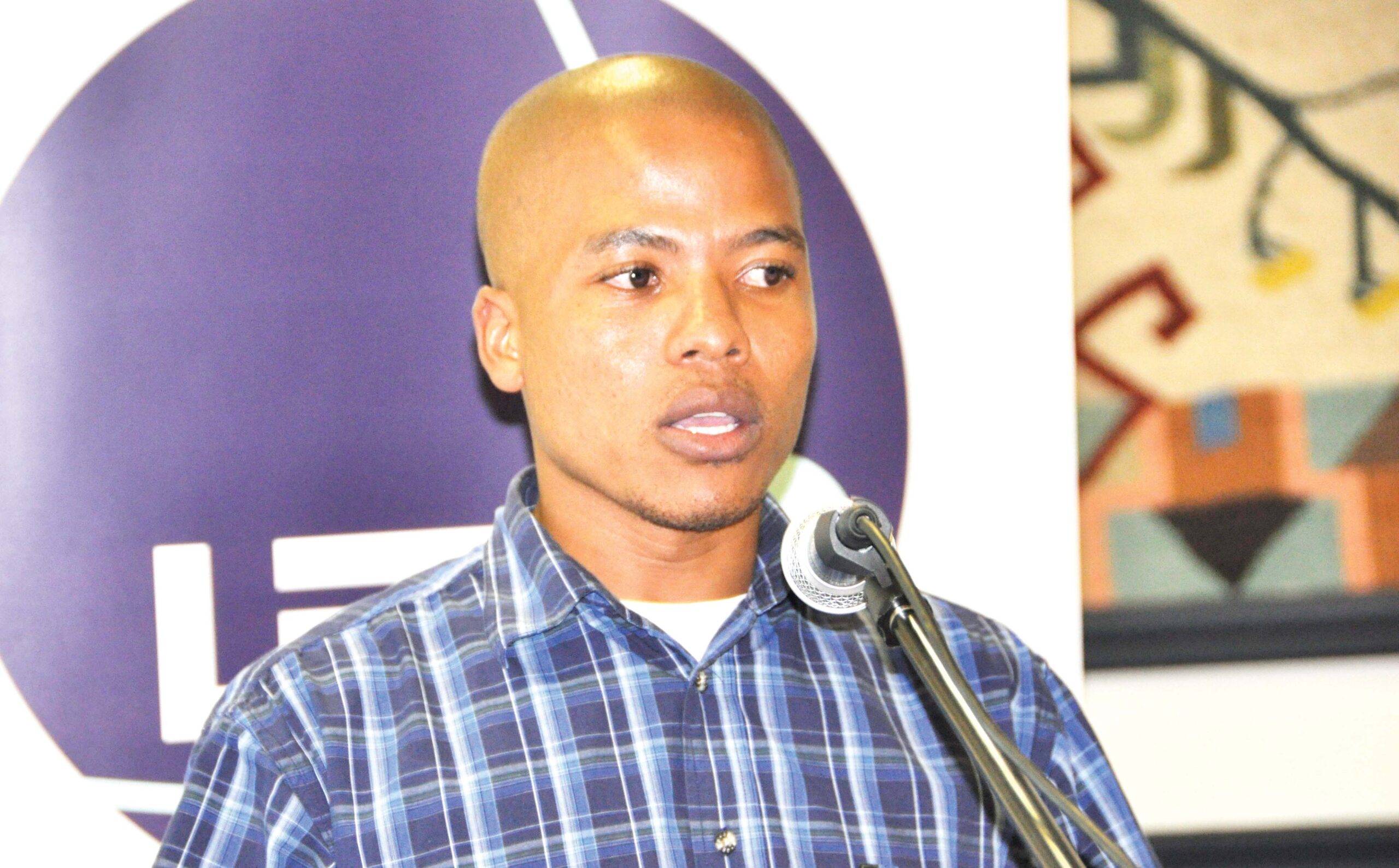Bereng Mpaki
LESOTHO businesses have expressed mixed reactions to the 1 percent value added tax (VAT) increase effected on 1 April in response to Finance Minister Moeketsi Majoro’s 2018/19 budget that is aimed at robust revenue mobilisation for the ailing economy.
In his 28 February budget speech, Dr Majoro said the VAT would be increased to 15 at the beginning of the financial year in reaction to the decline of South African Customs Union Revenue (SACU) share and below par levels of international reserves which necessitated mobilization of funds.
Dr Majoro further indicated that VAT rates on telecommunications and electricity, which were 5 percent would gradually align to the unitary rate of 15 percent. The rates would be increased by 4 percent for telecommunications and 3 percent for electricity.
Policy Analysis and Research Institute of Lesotho Executive Director, Lehlohonolo Chefa, said it would be difficult to administer the adjustment for other products.
“There are some products that a 15% VAT rate cannot be automatically adjusted due to the nature of how decisions are made,” Mr Chefa said.
“A typical example is petroleum products where prices are adjusted after the Petroleum Fund has published new prices. However, by the 1st April, a new petroleum price was not introduced and retailers cannot increase prices without the Petroleum Fund issuing a gazette authorising it.
“We actually anticipate a conflict between the Lesotho Revenue Authority and players within the petroleum industry on how much they are expected to remit as VAT.
Small businesses also lamented that they did not get enough time to adjust before the increase as it comes with changes in their accounting systems, product labelling and price lists.
‘Mamphana Molotsi, a Maseru based entrepreneur, believes many smaller dealers will take time comply with the new tax rate as it would be costly for them to do so.
“Many small dealers are not familiar with tax and LRA issues, so the only way for them to comply with tax obligations is by engaging professionals who charge them for their service,” Ms Molotsi said.
“So, this means the increase in VAT rate is going to force them to incur more costs. We were not given enough time to internalise the change in order to plan how to act accordingly as it has cost implications to vendors.”
She also implored the government to ensure that the funds that would be raised from the taxes collected be used to empower the people so that they can have the purchasing power to support the businesses.
“There should be equivalence between the tax and job creation, so that the business community can also benefit something out this,” she said.
Shoprite Regional Operations Manager, Pitso Melao, said they had no difficulties with adjusting their systems in line with VAT rate increase.
“We have successfully adjusted our systems to reflect the new 15 percent VAT rate, but you will notice it on our prices because we have absorbed the price knock so that the price the customer pays is not changed due to VAT increase,” Melao said.
President of Lesotho Chamber of Commerce and Industry (LCCI), Ntaote Seboka, said the fact that South Africa has also adjusted its VAT by the same margin, the private sector in Lesotho is not expected to encounter many challenges to implement VAT changes since imported goods from South Africa come with an already adjusted VAT.
“We are therefore not expecting top encounter many problems in implementing the VAT change. What we can all expect is a slight increase in the prices of goods that attract VAT, which may not sit well with their consumers,” Mr Seboka said.
He further said it was important for Lesotho to curb smuggling of goods into the country. Dr Majoro had also indicated that the tax increase was in order to align the local taxes with that of South Africa to prevent smuggling.
VAT is an indirect tax levied on goods and services supplied in and outside the country which was introduced in July 2003 and is applicable on all transactions where value is added.
A registered business is responsible for the collection of VAT when supplies are made to customers while registered businesses are also entrusted to declare VAT on supplies made and claiming VAT on expenses incurred.


